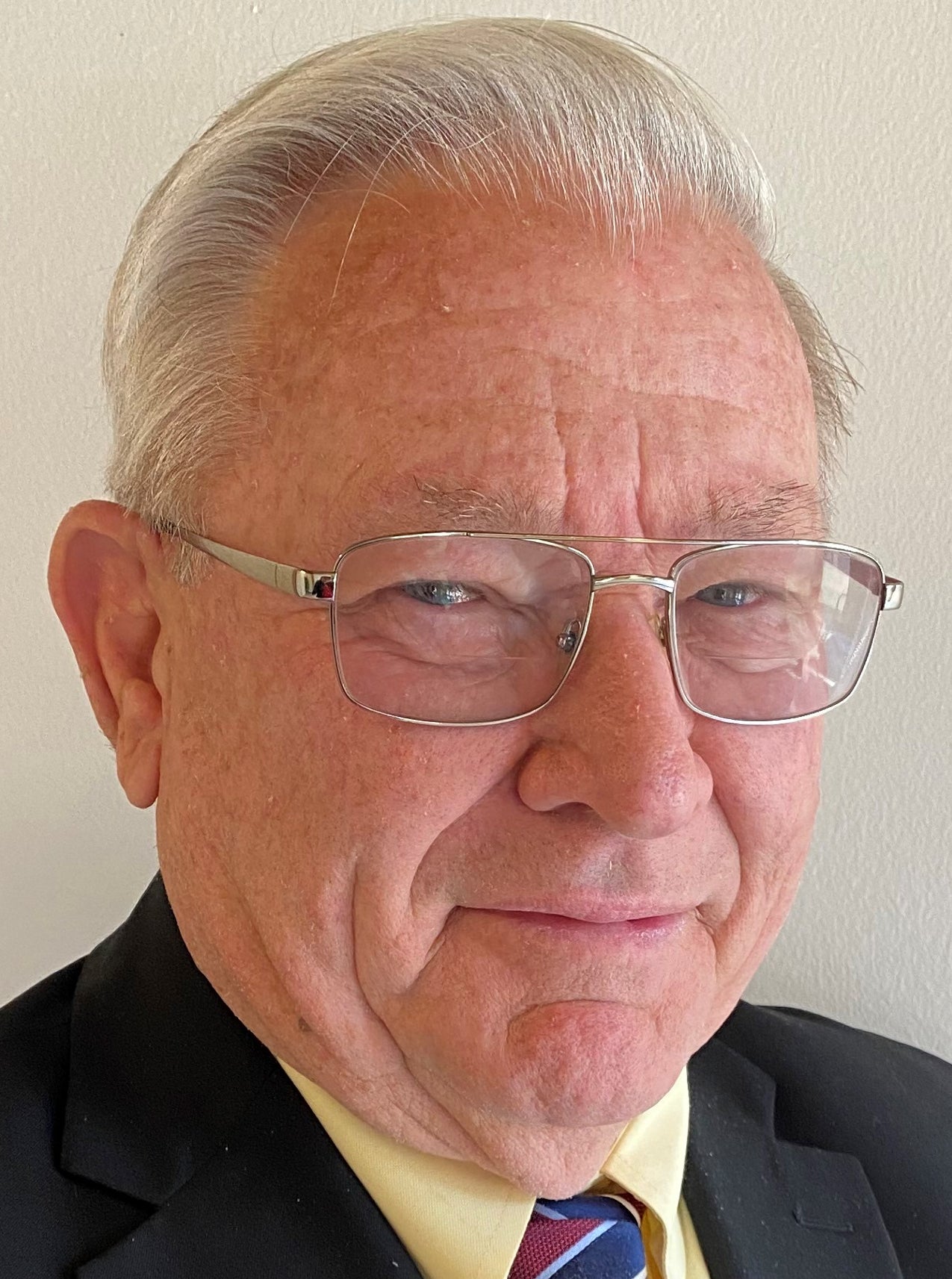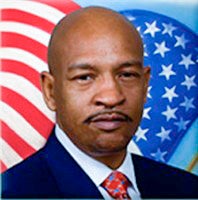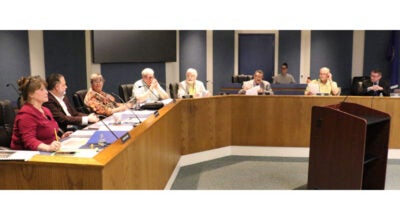Electronic participation policy discussed by Franklin City Council
Published 7:54 pm Tuesday, March 21, 2023
|
Getting your Trinity Audio player ready...
|
The Franklin City Council’s electronic participation policy expired when the state of emergency relevant to the COVID-19 pandemic was considered to be over.
The council agreed March 13 to have city staff present to council on March 27 a draft policy to renew the option of legal electronic participation by council members in council meetings.
Shortly before addressing a potential policy renewal, Franklin City Manager Amanda C. Jarratt said, “I just thought it was ironic and I would point out that today, three years ago, we signed the state of emergency for the COVID-19 pandemic on March 13 of 2020, so what a wild three years it has been.
“COVID remained a part of my city manager’s report for the last three years, and I felt like I should just remind you all how far we’ve come during that time,” she added.
WHAT ELECTRONIC PARTICIPATION POLICIES ALLOW
Jarratt said the electronic participation policy allowed for a council member to participate in meetings and vote remotely if a conflict arose that prevented them from attending the meeting in person.
“There is the occasion when someone has a trip that’s planned that you can’t control where you have to be with the meeting agenda timelines, and then there’s illness, there’s personal emergency,” she said. “The state code regarding electronic participation has been liberalized over the last few years, especially because of the COVID-19 pandemic. However, it does place certain requirements on the individual that chooses to utilize that. So if you’d like, we can have (a policy) drafted for your review and discussion at your upcoming meeting, and so that way we have it in case you need it.”
There was general approval of this among the council members present, but Ward 2 Councilman Ray Smith asked for clarification on whether or not this policy would allow a member to vote remotely.
“It would allow you to electronically participate in the meeting and vote,” Jarratt confirmed. “You would be electronically participating in the meeting just as if you were sitting here.”
City Attorney Christopher Mackenzie, of Sands Anderson, explained some of the details that the state code applies to the issue.
“There’s different circumstances for remote participation, (which) is what the state code calls that, which is coming in electronically and being able to participate in the discussion and vote on items,” he said. “If it has to do with illness or a medical condition or a disability, there’s generally no limitation. You just say, ‘I’m sick,’ or ‘My family’s sick,’ or ‘I have a disability, and I can’t be there in person so I want to participate remotely,’ and your policy will have you vote on that and approve it.
“Alternatively, it does allow you to say, ‘I have a personal conflict,’ ‘I am on vacation,’ or ‘My car broke down,’ or something, and you can call in and participate remotely in those circumstances, but you’re limited to two times per year for that,” he added. “And that’s not in your policy — that’s the state code. Your policy can go even stricter on things like that if you want.”
Smith said he is OK with a council member participating remotely, but not voting remotely.
“That would be a circumstance where your policy would be stricter than the state code,” Mackenzie said, “and we can certainly draft it that way if you want, or we could draft you two alternatives for you to discuss at the meeting, whatever you like.”
DIFFERENT VIEWS ON VOTING REMOTELY
Smith said to his fellow council members, “I think for important issues — and any issue you vote on is important — that you should be present to participate in that vote. That’s why they call it a quorum to vote.”
Ward 3 Councilman Gregory McLemore said he thinks the city’s policy should match the state code.
“For us to go outside of what the state mandates is for us to start putting our personal opinions into legislation,” he said, though he granted that if a majority of the council wanted to deviate from the state code in this case, it would be within the council’s purview.
Moments later, to Smith, he added, “If I heard you right, you wouldn’t even allow for sickness for you to vote.”
“We don’t do that now,” Smith responded.
“Right,” McLemore said. “The state says you can do that. If you’re sick, you still can vote. So I think that we should just stick with the state code if we’re going to adopt (a policy).”
Smith said, “Under those circumstances, you could have no one show up for a meeting and vote electronically and have an empty council chamber.”
“Well, couldn’t that happen in the General Assembly?” McLemore asked.
Smith said, “I don’t know what the General Assembly does.”
“Well, I’m just saying, the law is the law,” McLemore said.
Mackenzie explained that Smith and McLemore were discussing two separate elements addressed by state law. One is a virtual meeting, which is when no one attends a meeting in person and everything happens electronically; and the other is remote participation, which is when an individual is ill or absent and wants to take part in a meeting electronically or by calling in.
“Both are addressed in the state code, and it’s up to you as the City Council to decide what, if anything, you want to allow in either of those regards,” he said.
Ward 5 Councilwoman and Vice Mayor Wynndolyn H. Copeland reminded everyone that this was simply the council’s initial discussion on the subject and that more will come later.
Mackenzie said to the council, “I have a kind of standard policy that I can show you, and maybe it would be more productive for you to look at it and say what you like and what you don’t like.”
“Yeah, I would like to see that,” Copeland said, with Franklin Mayor Robert “Bobby” Cutchins also expressing support for the idea.
Smith and McLemore each added one more point.
“I think you need to face your constituents when you’re voting on an issue,” Smith said.
McLemore responded, “I don’t think (the policy is) designed to keep you from having to face your constituents as much as it’s designed to be able to attend a meeting that you can’t physically be at.”







